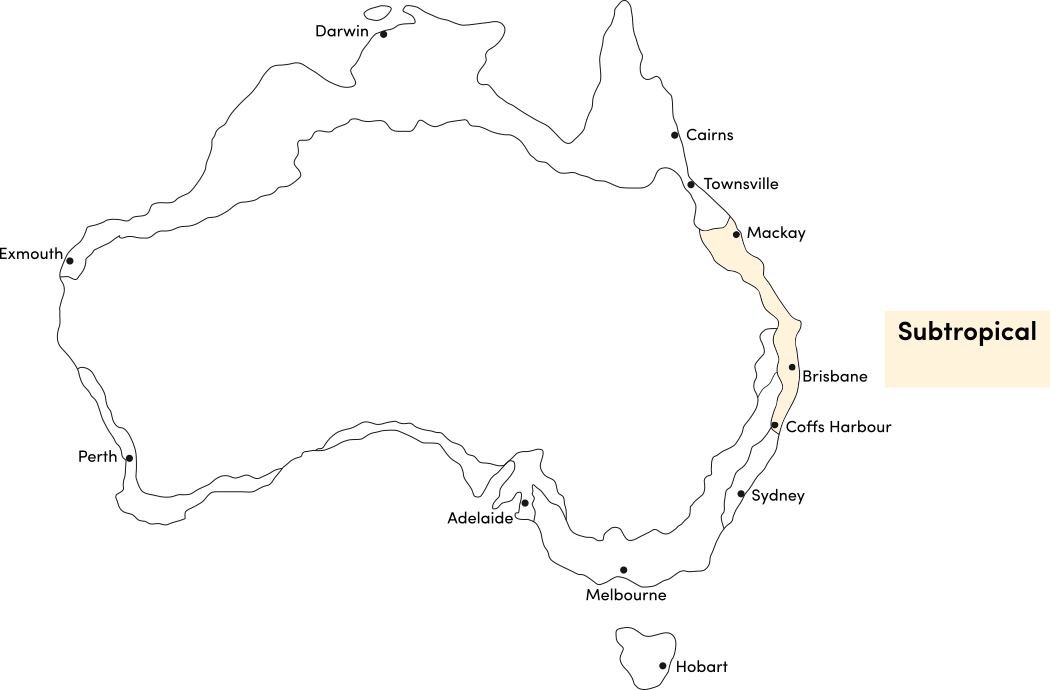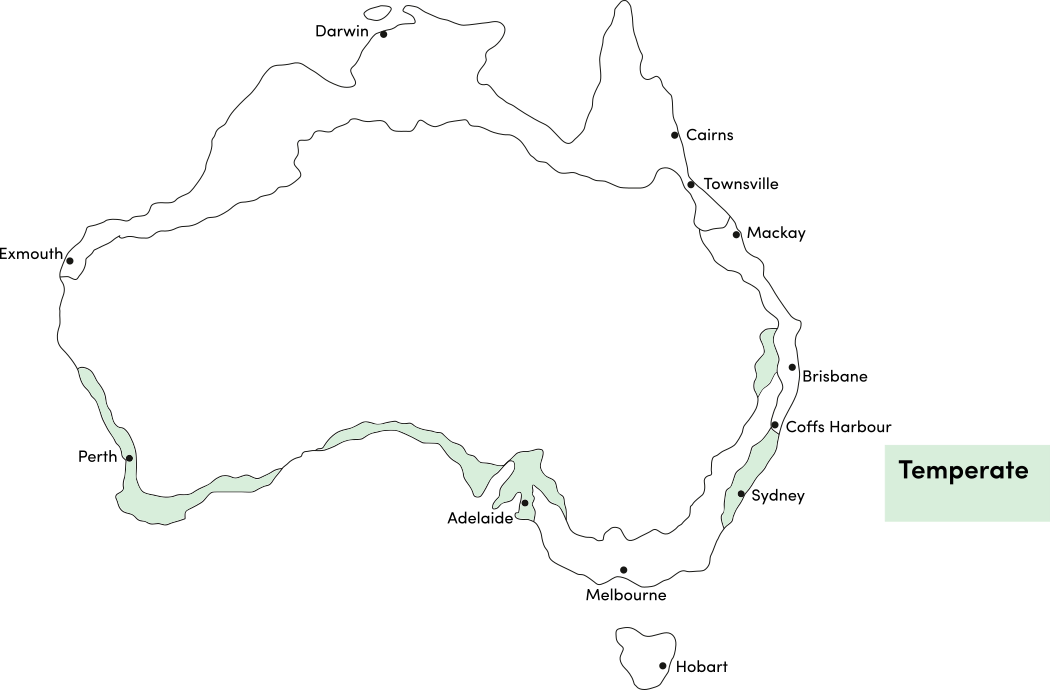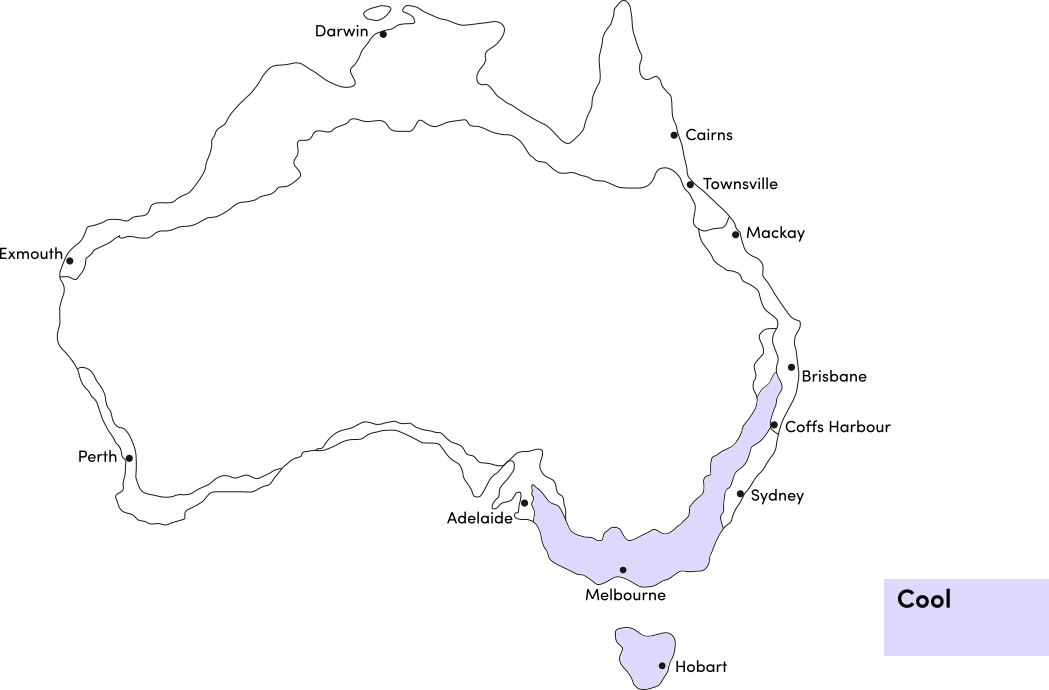
How to Grow Jerusalem Artichoke Tubers
Grow Guide #2651
Family: Asteraceae
Binomial name: Helianthus tuberosus
Life Cycle: perennial
This 'How to Grow' guide details everything a home gardener needs to know to plant, grow and care for Jerusalem artichoke (Helianthus tuberosus).
When to Plant Jerusalem Artichoke
Jerusalem artichoke is a perennial plant that grows year round in most climates. Use the table below to identify the best time of year to sow Jerusalem artichoke seeds in your climate.
| JAN | FEB | MAR | APR | MAY | JUN | JUL | AUG | SEP | OCT | NOV | DEC | |
|---|---|---|---|---|---|---|---|---|---|---|---|---|
| Cool | ||||||||||||
| Temperate | ||||||||||||
| Sub-Tropical | ||||||||||||
| Tropical | ||||||||||||
| Arid |
Preparation
Jerusalem artichoke plants are best grown in full sun. Choose a location that will receive at least 6 hours of full sun each day.
Jerusalem artichoke plants need a well drained soil enriched with plenty of organic matter. Prepare soil by weeding it thoroughly, digging it over to loosen it and adding aged animal manure or compost. Keep the area free of weeds until planting. Learn more about preparing soil for planting here. Jerusalem artichoke can be grown in sandy soil.
Jerusalem artichoke plants can be grown in containers. If possible choose a variety that’s recommended for container growing. Use a good quality potting mix and make sure your container is large enough for mature plants; a minimum of 75 litres is recommended for Jerusalem artichoke. During the growing season, keep in mind that container grown plants may need additional fertiliser to encourage healthy growth.
How to Plant Jerusalem Artichoke Tubers
Jerusalem artichoke tubers are best planted directly where they are to grow.
Plant tubers soon after delivery. Tubers can be stored short-term in damp sawdust or potting mix in a well-ventilated place.
- Space tubers 30cm apart.
- Plant tubers 10cm deep and cover with soil.
- Water in well after planting.
- Mulch with straw, sugar cane mulch or similar to suppress weeds until shoots emerge.
How to Grow Jerusalem Artichoke
Jerusalem artichoke plants may need watering during the growing season. Water when the soil is dry about 5cm below the surface (test this by scratching away a little soil with your finger). Water deeply in the early morning or late afternoon. Avoid watering the leaves of plants to avoid fungal diseases. Learn more about watering here.
If soil was well prepared no extra fertiliser should be necessary. In poor soil or to give your plants an extra boost, application of a balanced fertiliser or one formulated for fruit and vegetables can be beneficial:
- Apply slow release fertiliser at the recommended rate when transplanting or when seedlings are 5-10cm tall.
- Apply liquid fertiliser at the recommended rate and frequency while plants are fruiting or flowering.
How to Harvest Jerusalem artichoke
Jerusalem artichoke should be ready to harvest in approximately 250 days.
Jerusalem artichoke tubers are ready to harvest when stems have died back (in cold climates) or 4-6 weeks after plants have flowered (in warm climates). In areas where frosts occur, leaving the tubers in the ground until after the first frost is said to make them sweeter. Use a fork to gently lift the entire plant from the bed, shaking off the excess soil. Small tubers can be left in the ground to grow the following year.
Jerusalem artichoke tubers do not store as well as potatoes. They can be left in the ground until they are needed, or stored short term in a perforated plastic bag in the fridge.
Common Problems when Growing Jerusalem artichoke
Like all plants, Jerusalem artichoke is susceptible to some pests, diseases and other problems. Below is a list of the most common problems gardeners encounter when growing Jerusalem artichoke plants:
.jpg) Rotten bulbs or corms are caused by pathogens entering bulbs or corms after sitting in cold, wet soil, being temporarily waterlogged or being exposed to warm temperatures in winter. They may show obvious signs of rot, have no roots or shoots, or produce stunted yellow leaves but no flowers. Plant bulbs and corms in free-draining soil, raised garden beds or containers; do not water while dormant; and lift and store them if recommended for your climate.
Rotten bulbs or corms are caused by pathogens entering bulbs or corms after sitting in cold, wet soil, being temporarily waterlogged or being exposed to warm temperatures in winter. They may show obvious signs of rot, have no roots or shoots, or produce stunted yellow leaves but no flowers. Plant bulbs and corms in free-draining soil, raised garden beds or containers; do not water while dormant; and lift and store them if recommended for your climate.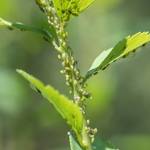 Aphids are small (2-4mm long) sap-sucking insects that congregate on the new shoots or the undersides of leaves. They can cause leaves to wilt or become discoloured, and also excrete honeydew which can attract ants and other insect pests. To manage aphids, remove them by spraying with a garden hose, apply a soap or alcohol spray, or encourage predatory insects to your garden. Read more about aphids here.
Aphids are small (2-4mm long) sap-sucking insects that congregate on the new shoots or the undersides of leaves. They can cause leaves to wilt or become discoloured, and also excrete honeydew which can attract ants and other insect pests. To manage aphids, remove them by spraying with a garden hose, apply a soap or alcohol spray, or encourage predatory insects to your garden. Read more about aphids here..jpg) Powdery mildew is caused by fungal spores reproducing on the leaves of plants. First showing as white spots on leaves, affected areas can spread quickly to cover the entire leaf surface. While rarely fatal, powdery mildew can reduce yields. Water plants at soil level (not on leaves) to prevent spreading spores, allow good air flow between plants, remove affected leaves and if necessary spray with an appropriate fungicide or homemade spray. Read more here about powdery mildew here.
Powdery mildew is caused by fungal spores reproducing on the leaves of plants. First showing as white spots on leaves, affected areas can spread quickly to cover the entire leaf surface. While rarely fatal, powdery mildew can reduce yields. Water plants at soil level (not on leaves) to prevent spreading spores, allow good air flow between plants, remove affected leaves and if necessary spray with an appropriate fungicide or homemade spray. Read more here about powdery mildew here.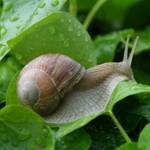 Slugs and snails are molluscs that feed on tender leaves and shoots, mostly at night, leaving slimy trails behind them. Control them by removing their hiding places, keeping free range poultry, collecting them by torchlight or by placing traps. Read more about slugs and snails here.
Slugs and snails are molluscs that feed on tender leaves and shoots, mostly at night, leaving slimy trails behind them. Control them by removing their hiding places, keeping free range poultry, collecting them by torchlight or by placing traps. Read more about slugs and snails here.
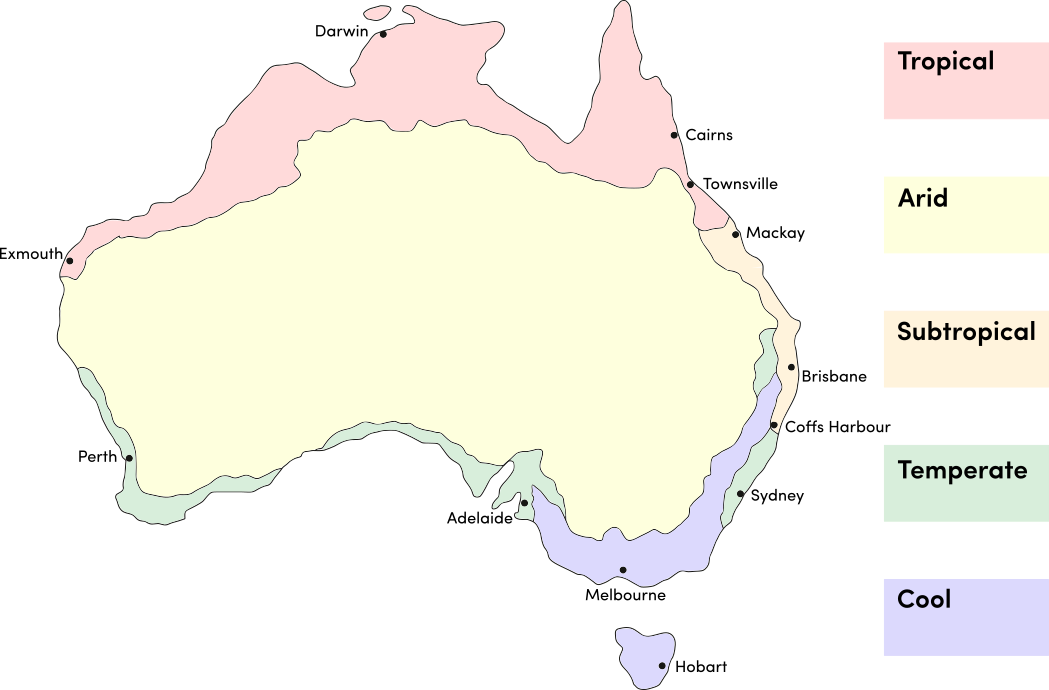
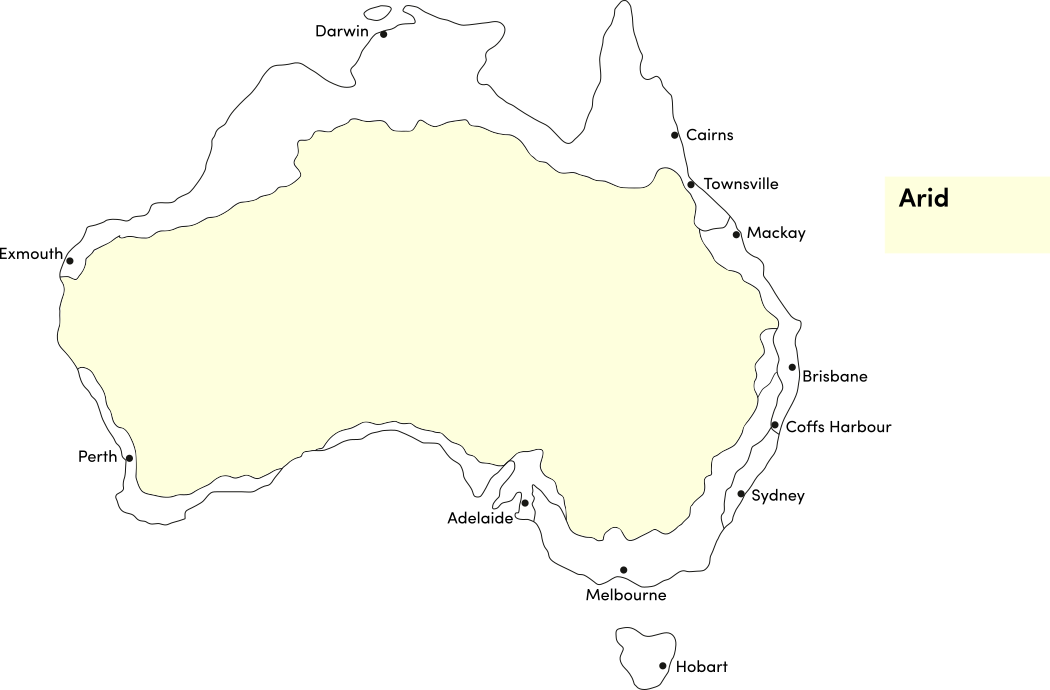
.png)
